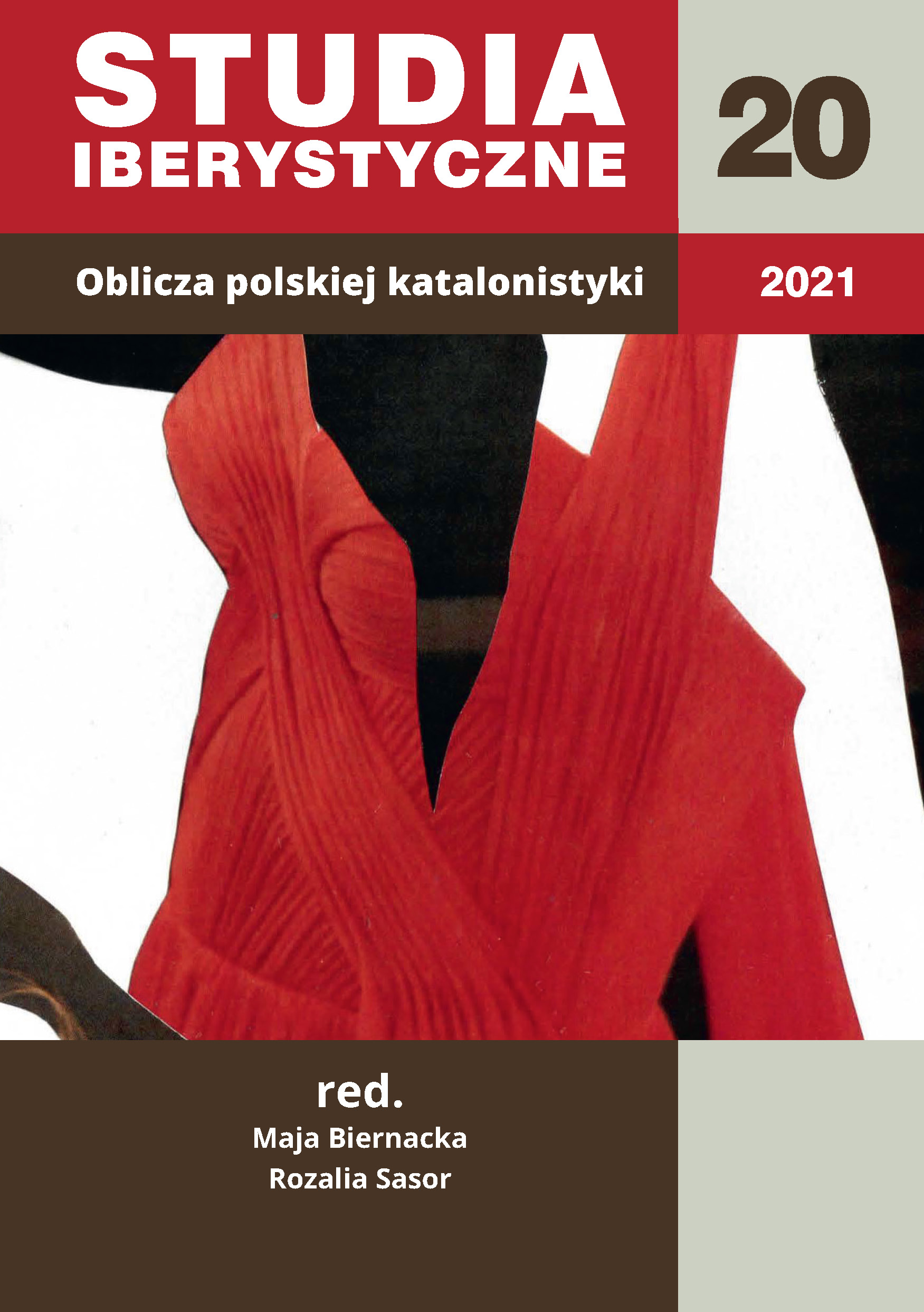Wkład Alfonsa V Wspaniałomyślnego w upowszechnienie katalońskich zwyczajów kulinarnych w Królestwie Neapolu w XV wieku
Contribution of Alfonso V the Magnanimous to the Popularization of Catalan Culinary Customs in the Kingdom of Naples in the 15th century
Author(s): Rafał HryszkoSubject(s): History, Cultural history, Local History / Microhistory, Middle Ages, 15th Century
Published by: KSIĘGARNIA AKADEMICKA Sp. z o.o.
Keywords: Kingdom of Napoles; Alfonso V Magnanimous; sweets; 15th century
Summary/Abstract: The wars for Naples ended in 1442 with the victory of Alfonso V the Magnanimous, the ruler of the Crown of Aragon (1416–1458). The emergence of foreign authority in southern Italy entailed the transfer of the Catalan culture, language and customs to the area of Italian Mezzogiorno. In this process, Catalan culinary traditions which developed at the end of the fourteenth century also occupied an important place. One of them was a separate sweet snack, referred to by the Catalan term col·lació (collatio in Latin). The organization and celebration of col·lació became an important form of ostentation for the Catalan ruling and financial elites. In this article, the author discusses excerpts from historical sources whose authors include, among others, Antonio Beccadelli, Jordi de Centelles, Vespasiano da Bisticci, Giovanni Pontano, as well as the ambassadors of Barcelona and Portugal and other anonymous authors writing about the times of Alfonso V the Magnanimous. The data provided by these sources clearly indicate that this ruler followed the custom of eating sweet colazione known in Italy at this time and gave it a new meaning at least as early as in the 1440s. Thanks to this ruler of Aragon and new Neapolitan king, the sweet snack became one of the instruments of the ostentation of wealth and prestige for the new rulers of the southern part of Italy and soon after also for other princes and lords of the area.
Journal: Studia Iberystyczne
- Issue Year: 2021
- Issue No: 20
- Page Range: 5-33
- Page Count: 29
- Language: Polish

